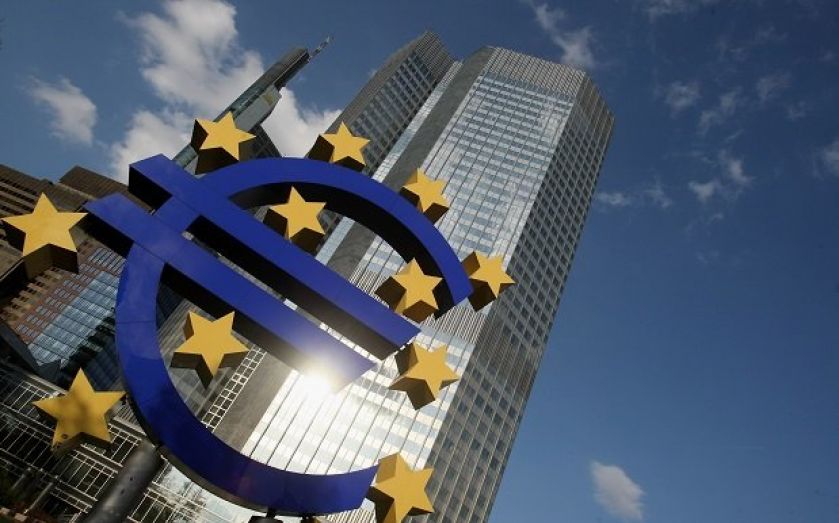ECB rates, growth and stimulus: Four charts that tell you what you need to know

Today has been a busy day for central bank watchers. The Bank of England's monetary policy committee voted to keep rates at a record low of 0.5 per cent – but the European Central Bank (ECB) was where today's action really was. The ECB, against expectations, cut interest rates to 0.05 per cent and later confirmed plans to start buying asset-backed securities.
The programme includes the purchase of covered bonds. Unfortunately, we will have to wait until next month to find out the details – but sources said it is likely to last three years.
After the ECB announced its cut in rates, the euro dropped 0.8 per cent to 1.302 against the dollar, its lowest since July 2013. The interest rate on the marginal lending facility and the deposit facility were also cut by 10 basis points, with effect from 10 September.
Commenting on the ECB's decision, Robin Johnson, partner at law firm Eversheds, said: "While any macroeconomic strategy such as this interest rate move is welcomed, the issues around the inherent economic imbalances in the eurozone are now causing even the German and Dutch economies to falter.
The confidence in the recovery in non-Eurozone member states like the UK and Sweden is stark compared to the flat economies elsewhere. More fundamental steps to creating entrepreneurism and encourage inward investment into the Eurozone must be considered.
ECB president Mario Draghi later told a press conference that the decision to cut rates was not unanimous.

(Source: ECB)
According to IHS Global Insight's Howard Archer, the cut demonstrated the ECB's concern with Europe's stubbornly low inflation and a seemingly relentless tide of lacklustre economic data.
While many commetators and analysts were pleasantly surprised by the cut, not everyone would have been impressed by today's decison. Just hours before the announcement Jeroen Dijsselbloem, the president of the Eurogroup, warned the region's recovery was fragile and that the ECB should not take action to ease monetary policy, but instead encourage governments to speed up structural reforms.
Draghi's press conference began with his confirmation the ECB would begin a programme of buying asset-backed securities. Draghi said the measures would act in support of the ECB's forward guidance.
There was little good news to give in terms of growth, with the ECB cutting its forecasts for 2014 and 2015 to 0.9 per cent and 1.6 per cent respectively. Inflation forecasts for this year also received a downward revision to 0.6 per cent, down from 0.7 per cent in June.
Draghi ended his statement saying countries should not give up on economic reforms that have already born fruit in some European countries. In recent weeks, he has been keen to emphasise the success of structural reforms in Spain and Ireland.